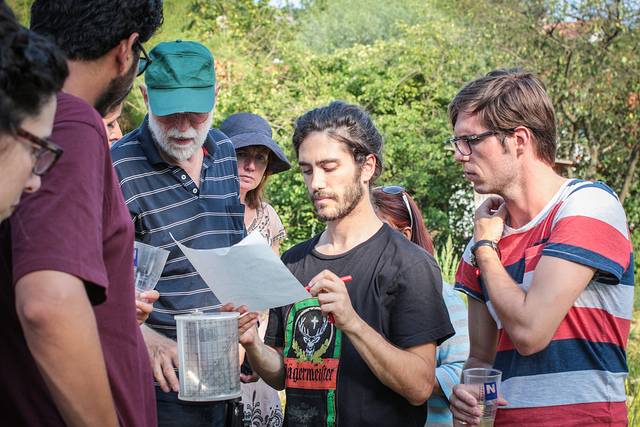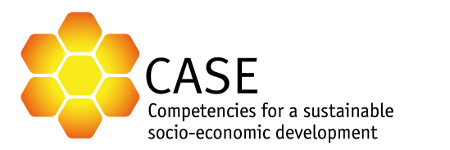 What is it about?
What is it about?

A field trip is a journey to a place away from normal, usually urban, environment which is attended by a group of students. The purpose of the field trip is to provide insights and direct experience with real-life initiatives and activities in thematic accordance with the visited place.
In this format, however, the field trip is complemented by a case study. It is not only a passive excursion to see interesting places, but a learning opportunity that requires prior theoretical inputs, active participation and interaction at the place itself, followed by reflection of the experience. The students thus get theoretical inputs, already with the knowledge that they will have to use later in practice. Then, they gain practical experience when applying the theory during the preparation, realization, and reflection of the particular case studies.
Theoretic knowledge referring to the context should be imparted in form of a pre-seminar or compact block courses. This may include obligatory readings and ideally reflections on the topics raised before the students get confronted with the real-life conditions. For the case studies, they form groups of 3-5 people and may choose from a pre-selection of enterprises that are part of the cooperation.
At the field trip location, students should first get local orientation and knowledge. The one or more representatives of the hosting organization present themselves and share their experiences.
Second, the student groups prepare and subsequently perform their field research. After preparing the own research questions, they design suitable methods to generate relevant data and conduct interviews and thematically focused field research. They learn how to establish contact, build rapport and interact in a culturally sensitive way.
At the end of the course, the results of the case studies are presented and summarized in a report. The representatives of the cooperating organizations – as partners of the students’ research – should be invited to the final presentation. A possible outcome of the case study could be a set of recommendations for the organization.
Studying Local Rural Systems
This course provides insights and methodological training in studying local communities through the use of anthropological and social ecological field methods, and interpret the results within the framework of sustainability and development studies. Taking a systems perspective, the students are encouraged to look at rural systems as coupled socio-ecological systems (SES) with material, energy, land, labor, and technology as relevant variables.
Successful environmental projects
Environmental projects, particularly related to the sharing economy and a community approach, have gained in popularity in big cities such as Brno or Prague. This course reflects this increased interest, having as a main aim to present successful environmental companies or projects to students by way of field trips. The open format allows for interaction and questions to be asked which facilitates conducting a case study that students subsequently work on in groups. An outcome of the case study is a set of recommendations for the companies that are presented to them at the end of the course.
 Benefits
Benefits
- Strong inspirational effect on students
- Authenticity of the experience
- Enterprises turn into research partners
- Meeting students from different cultural backgrounds is enriching
- Reflection on own work and its meaning in a broader context
- Critical and innovative thinking is fostered
 Success factors
Success factors
- Enthusiastic and well-prepared partners
- Allowing sufficient time for the collaboration and discussions with partners
- Thorough preparations for the field trip (e.g. readings, reflections and case study focus)
- Easy and flexible arrangements between partners and university
 Challenges
Challenges
- Careful preparation of research design by students
- Being involved in the partners’ activities in some way
- Respectful and long-standing relationship with the partners
- Good organizational and time planning
 Supporting material
Supporting material
General overview
Tools
 Contacts and experts
Contacts and experts
- Bohuslav Binka, Masaryk University, Brno, Czech Republic

 Phase 1 – Preparation
Phase 1 – Preparation
 Phase 2 – Field trip activities
Phase 2 – Field trip activities
 Phase 3 – Presentation and report
Phase 3 – Presentation and report
